Getting your first pet is exciting—but it can also feel a little overwhelming. Not everyone has the space, time, or budget for a dog or cat, and that’s where small pets come in. Many are easier to care for, require less space, and are budget-friendly compared to larger animals. Plus, they can be just as loving, fun, and rewarding.
That said, “small” doesn’t mean “no effort.” Every pet has unique needs, and even beginner-friendly pets require daily care, enrichment, and love. To help you choose wisely, here’s an expanded look at eight of the best small pets for beginners—including their personalities, lifespans, housing needs, diet, and the kind of commitment you can expect.
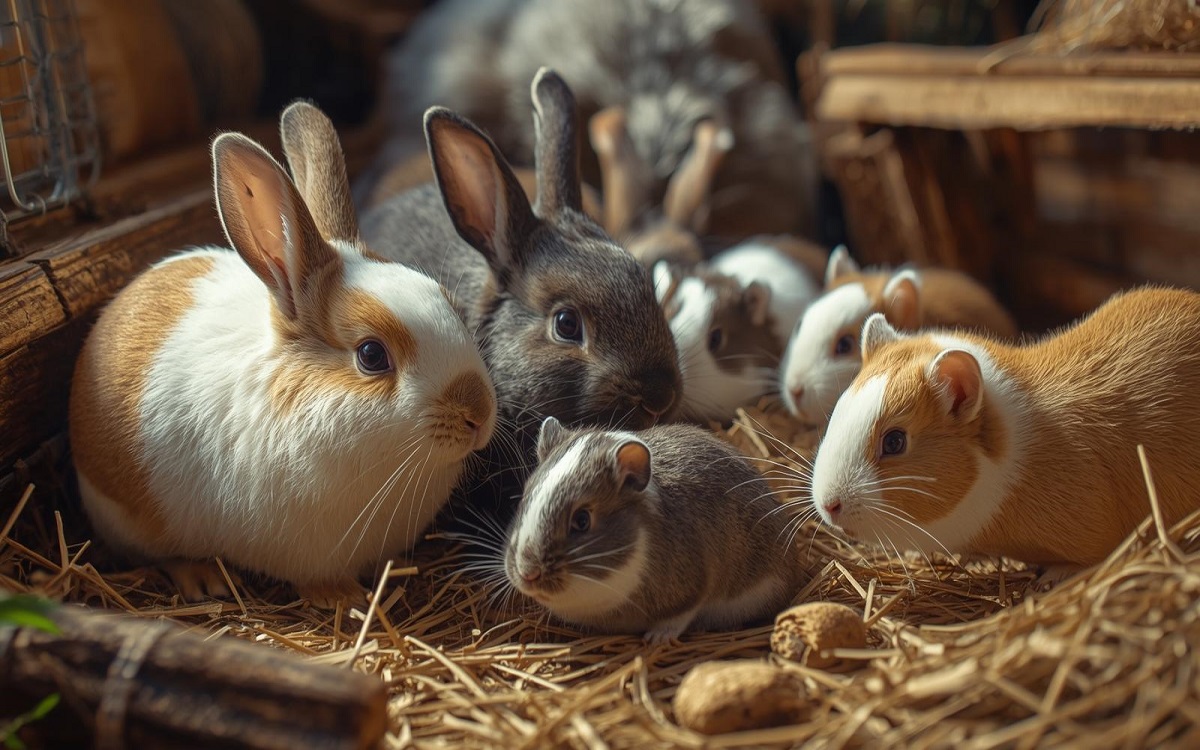
Guinea Pigs
Guinea pigs are great small pets and are often the top recommendation for first-time pet parents because they’re gentle, rarely bite, and love interacting with people. They’re larger than hamsters but still considered a “small pet.”
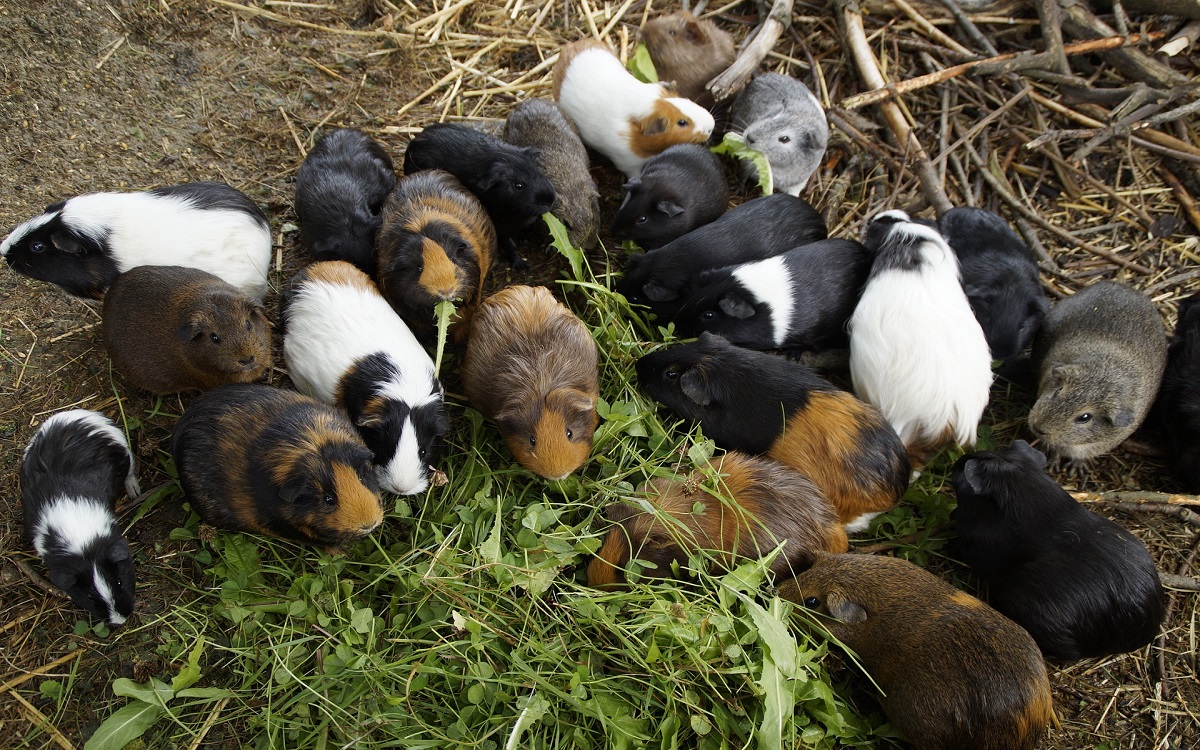
Why They’re Great for Beginners:
- Naturally docile and friendly, making them excellent for children (with supervision).
- Social animals that thrive in pairs or groups, so you’ll often hear adorable squeaks and chirps when they interact.
- They live 5–8 years, which is long enough to form a bond.
Care Needs:
- Housing: A spacious cage—at least 7.5 square feet for one pig, though bigger is always better. Many owners opt for C&C cages (cube and coroplast) for flexibility and space.
- Diet: Unlimited hay (timothy or orchard), daily fresh veggies (bell peppers, lettuce, carrots), a small portion of pellets, and vitamin C supplementation.
- Handling: Gentle, regular handling helps them grow tame and trusting.
- Special Note: Because they’re herd animals, guinea pigs should never live alone. A pair of females is often the best beginner combo.
Hamsters
Hamsters are tiny balls of energy. They’re solitary, nocturnal, and don’t require as much daily social time as guinea pigs, and make good beginner pets.
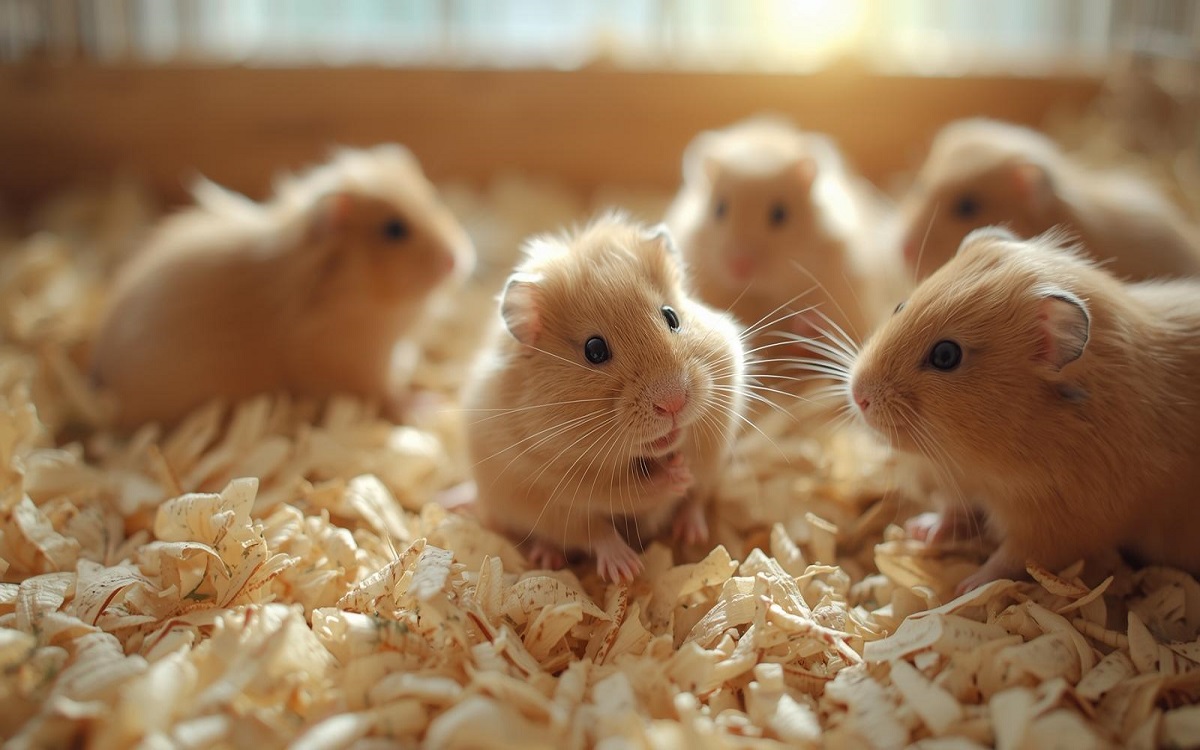
Why They’re Great for Beginners:
- Fun to watch as they run, burrow, and stash food in their cheek pouches.
- Lifespan of 2–3 years, making them a smaller commitment.
- Affordable to keep, with relatively low feeding and housing costs.
Care Needs:
- Housing: The bigger the better! Hamsters need at least 450 sq. inches of floor space (despite outdated store cages suggesting less). They also need a deep substrate layer (5–8 inches) for burrowing.
- Diet: A mix of hamster pellets and a seed/grain mix, plus occasional treats like veggies and fruit.
- Activity: A solid running wheel (not wire) is essential for exercise, plus tunnels and chew toys for enrichment.
- Species Notes: Syrian hamsters are best kept alone, while dwarf hamsters sometimes tolerate living in pairs—but fights can occur.
Rabbits
Rabbits are larger than most small pets, but many families consider them the perfect middle ground between cats/dogs and smaller rodents.
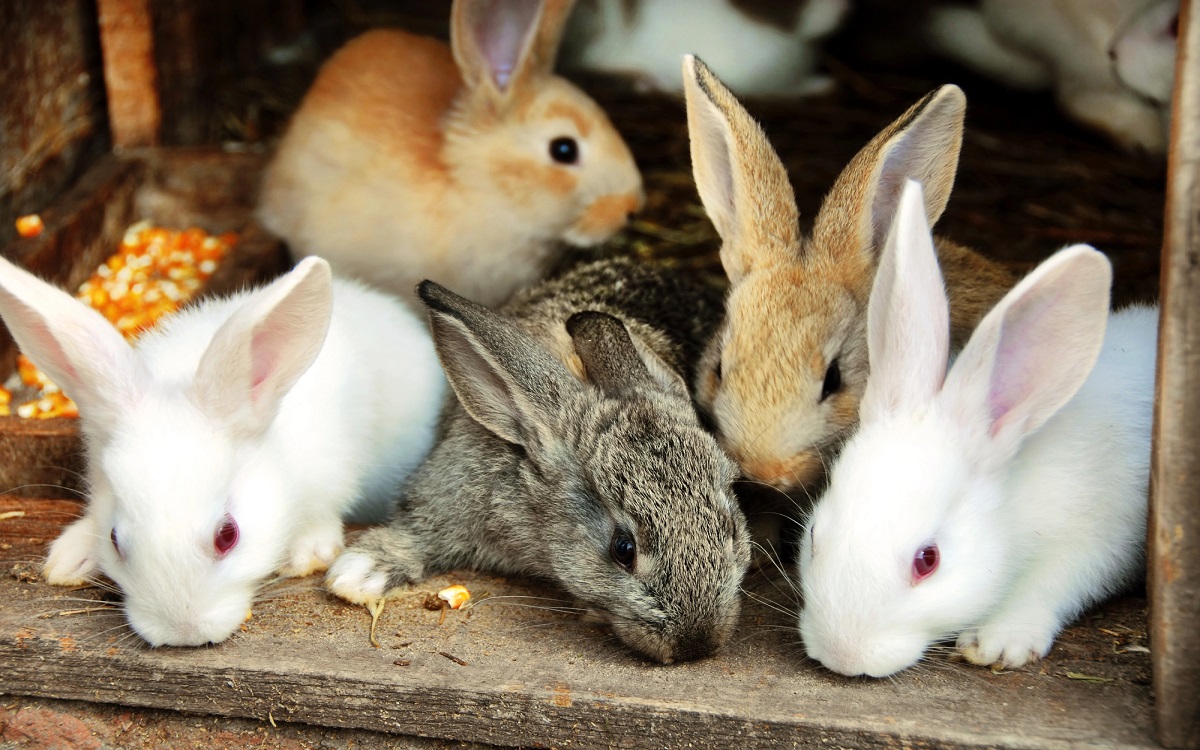
Why They’re Great for Beginners:
- Social, affectionate, and intelligent. Some even enjoy being cuddled or sitting with you while you relax.
- Can be litter-trained, making them surprisingly neat.
- Huge variety of breeds, from tiny Netherland Dwarfs to floppy-eared Lops.
- Average lifespan: 8–12 years, so they’re a long-term companion.
Care Needs:
- Housing: Far more space than a standard cage—ideally a large x-pen, bunny-proofed room, or free-roaming setup.
- Diet: Hay is the foundation of a rabbit’s diet, along with leafy greens and small amounts of pellets.
- Handling: Rabbits are prey animals, so they don’t always enjoy being picked up. Patience and gentle interaction are key.
- Special Note: Like guinea pigs, rabbits are social and often do better in bonded pairs.
Gerbils
Gerbils are curious little desert rodents that are fun to watch and relatively easy to care for.
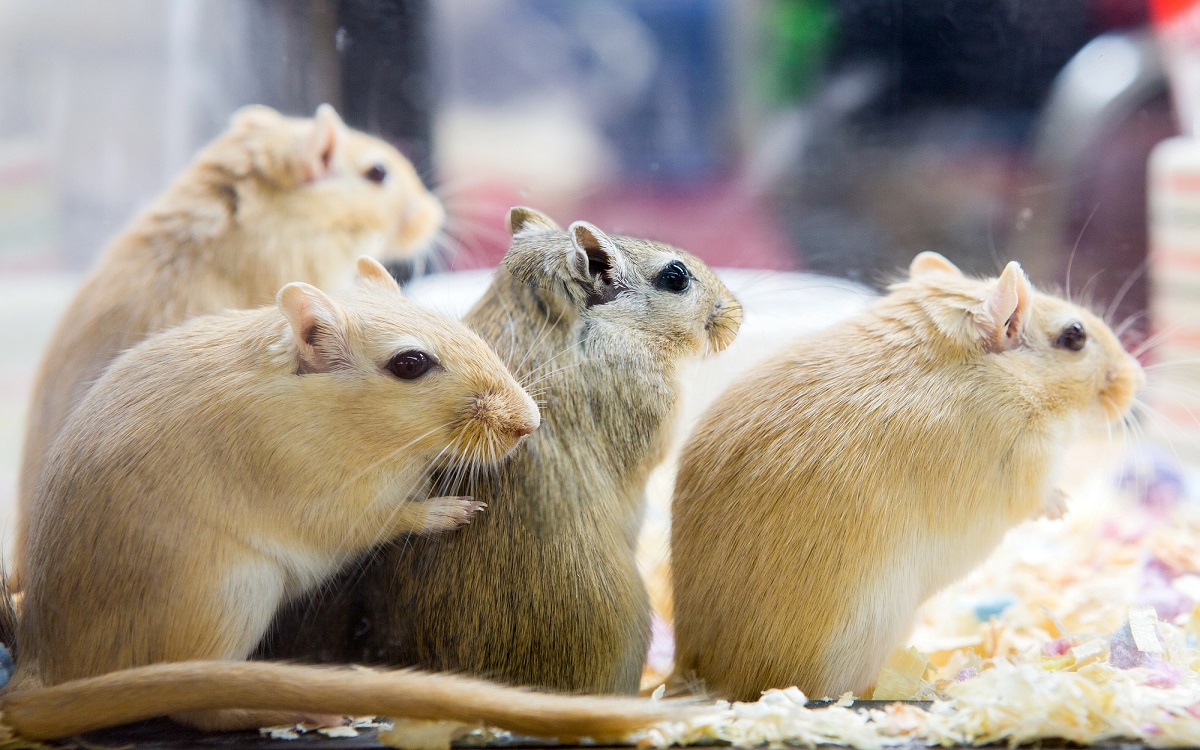
Why They’re Great for Beginners:
- Unlike hamsters, they’re diurnal (active during the day), making it easier to interact with them.
- Less smelly than many other rodents thanks to lower urine output.
- Lifespan of 3–5 years, slightly longer than hamsters.
Care Needs:
- Housing: A glass tank with a secure mesh lid works best, since they dig and chew constantly. They need at least 10 gallons per gerbil.
- Diet: A quality gerbil mix, supplemented with seeds, grains, and occasional veggies.
- Enrichment: Deep bedding for tunneling, chew toys, and a running wheel.
- Social Needs: Gerbils are happiest in pairs or small same-sex groups.
Fancy Mice
Small, speedy, and smart—mice are great pets for beginners who want something inexpensive but still engaging.
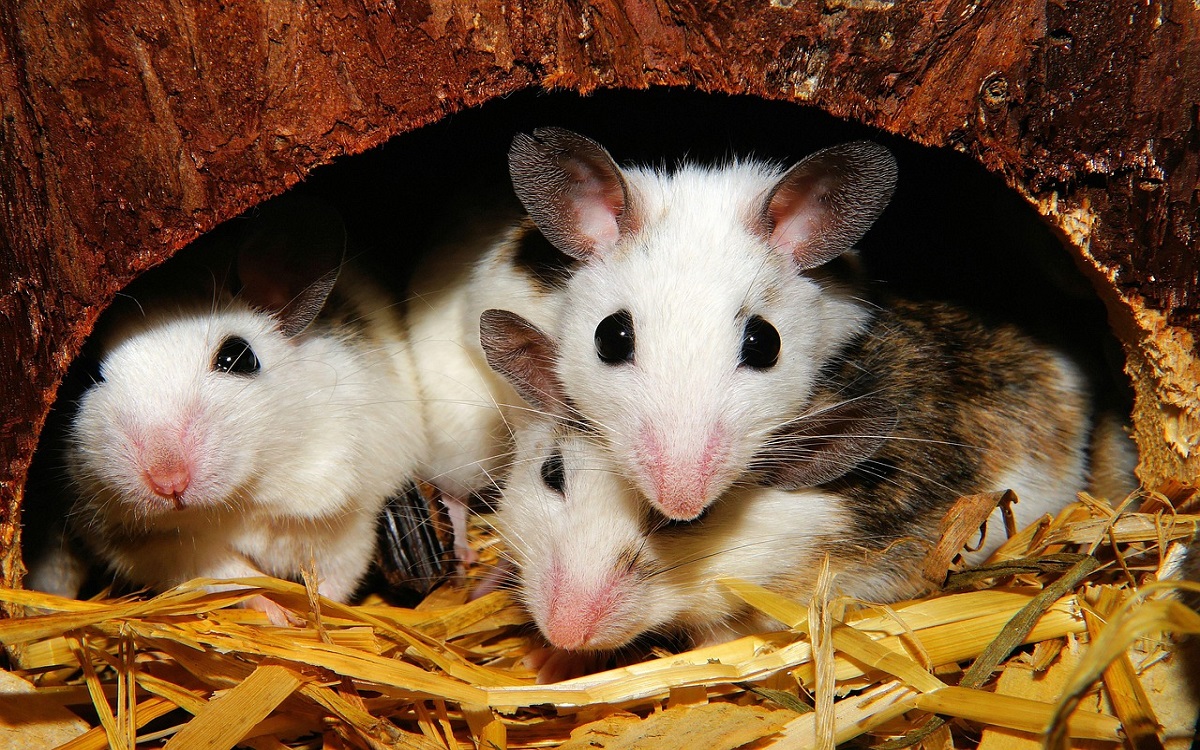
Why They’re Great for Beginners:
- Inexpensive to house and feed.
- Intelligent and curious, making them fun to watch.
- Females are social and can live in groups, while males usually must live alone to prevent fighting.
- Lifespan: 1.5–3 years.
Care Needs:
- Housing: Secure wire cages or tanks with plenty of enrichment—mice are escape artists.
- Diet: Rodent blocks or pellets plus fresh veggies, grains, and occasional protein.
- Handling: They can be tamed with patience but are delicate and best handled gently.
Betta Fish
One of the most popular first pets, betta fish are colorful, interactive, and easy to maintain with the right setup.
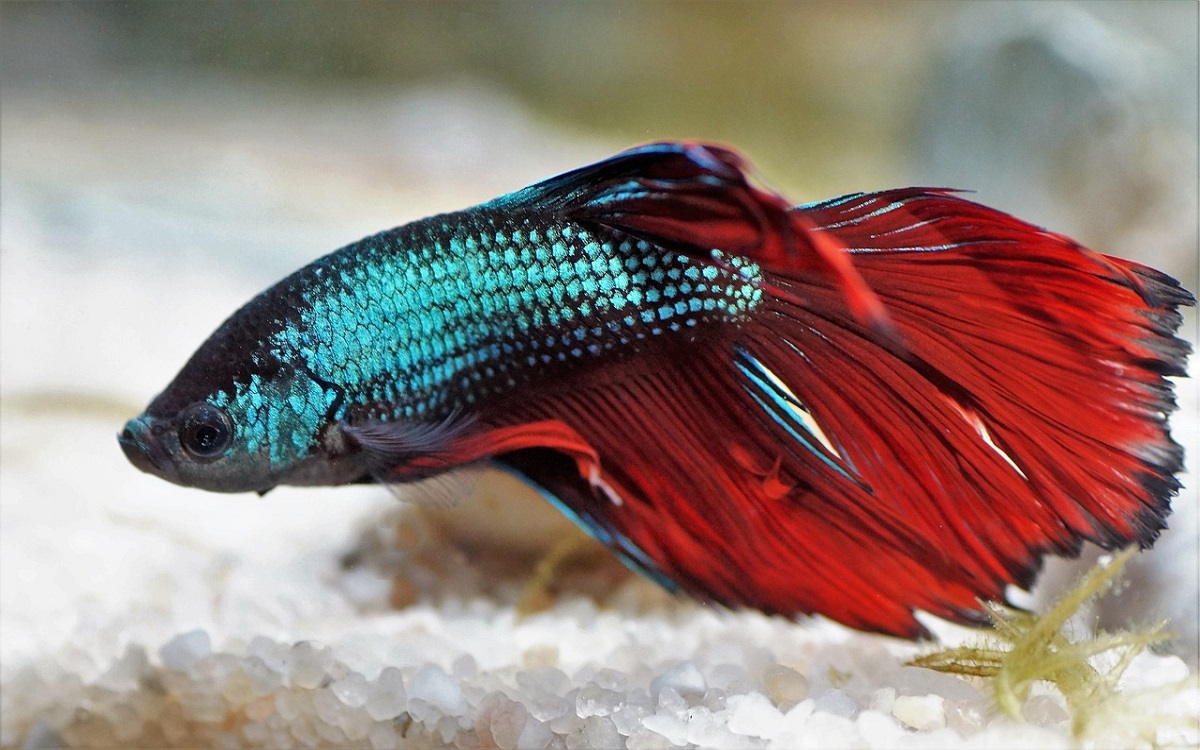
Why They’re Great for Beginners:
- Stunning colors and flowing fins make them visually appealing.
- Easy feeding and relatively simple tank maintenance.
- Lifespan: 3–5 years.
Care Needs:
- Housing: A 5-gallon filtered tank is the minimum. Avoid small bowls.
- Diet: High-quality betta pellets, with occasional frozen or freeze-dried treats (bloodworms, brine shrimp).
- Special Note: Males must be kept alone due to aggression, but they’re often interactive with humans, following your finger at the glass.
Leopard Geckos
If you’d rather go the reptile route, leopard geckos are one of the easiest reptiles for beginners.
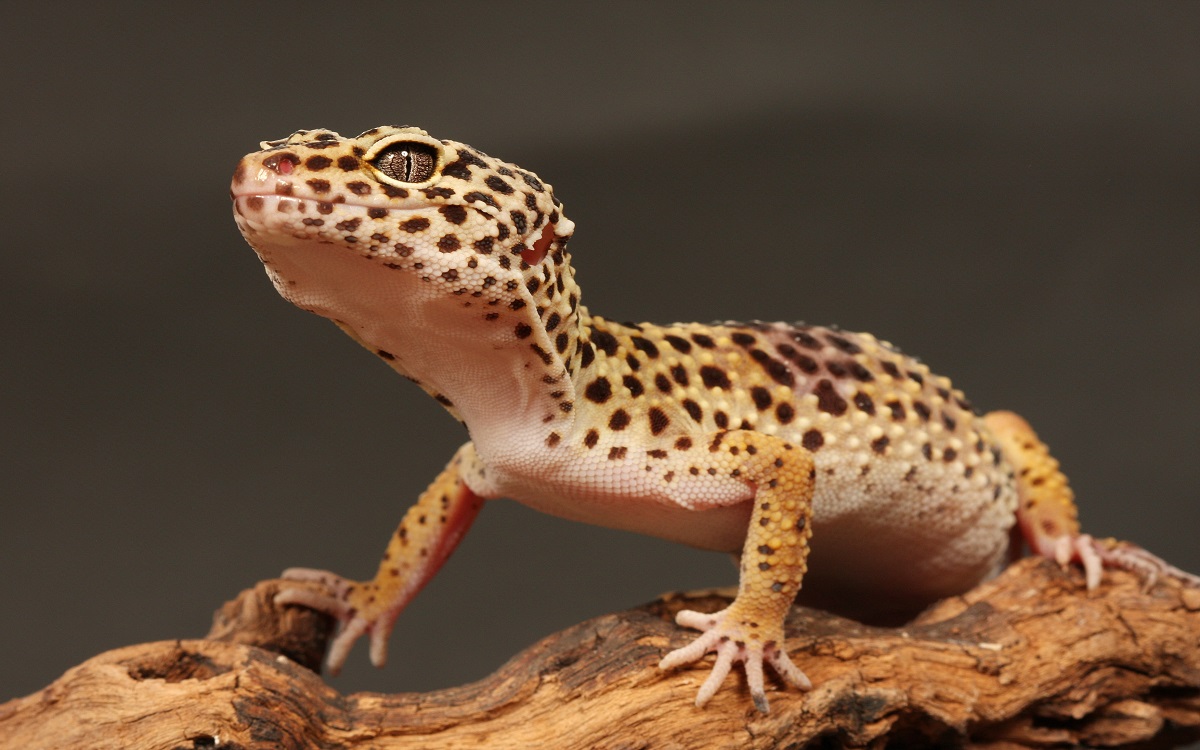
Why They’re Great for Beginners:
- Calm, docile nature makes them easy to handle.
- Hardy reptiles that don’t require complicated lighting setups.
- Relatively small size (8–10 inches) and lifespan of 10–15 years.
Care Needs:
- Housing: A 20-gallon tank with a heat source (under-tank heating pad works best).
- Diet: Live insects like crickets, mealworms, and dubia roaches.
- Special Note: They require at least one humid hide to help with shedding.
Parakeets (Budgies)
Parakeets are colorful, cheerful little birds that love social interaction and can even learn to mimic words.
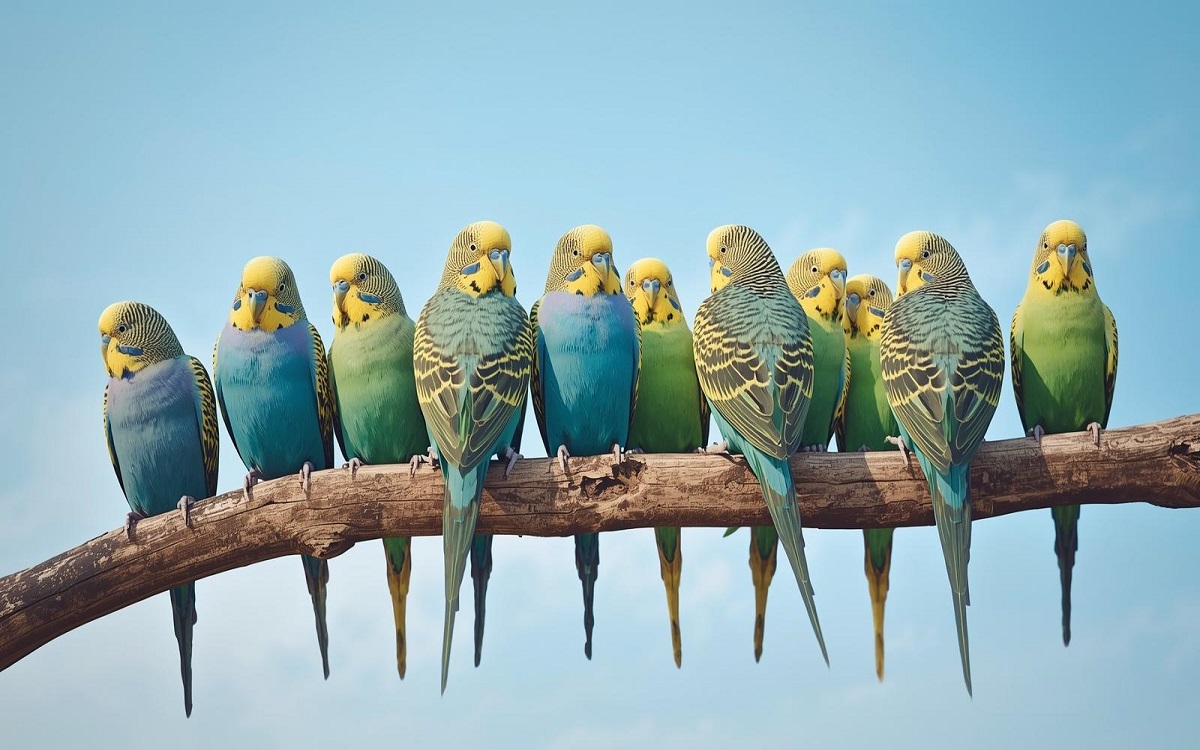
Why They’re Great for Beginners:
- Playful and interactive; many enjoy sitting on shoulders or learning tricks.
- Relatively low-maintenance compared to larger parrots.
- Lifespan of 5–10 years, sometimes longer with excellent care.
Care Needs:
- Housing: A roomy cage with horizontal bars for climbing, toys, and multiple perches.
- Diet: Seeds alone aren’t enough—they need a mix of pellets, veggies, and fresh fruits.
- Social Needs: Parakeets are flock animals; keeping them in pairs is often recommended unless you have plenty of daily interaction time.
Final Thoughts
Finding the best small pets for beginners really depends on your lifestyle, time commitment, and what you’re looking for in a companion. Guinea pigs and rabbits are great for families who want interactive pets, while hamsters and gerbils are fun for those with limited space. If you’re not ready for fur, bettas or leopard geckos make wonderful starter pets, and parakeets bring a cheerful, social element into your home.
Whichever you choose, remember that beginner-friendly doesn’t mean “low effort.” With the right care, even the tiniest pet can bring years of joy, companionship, and learning.

